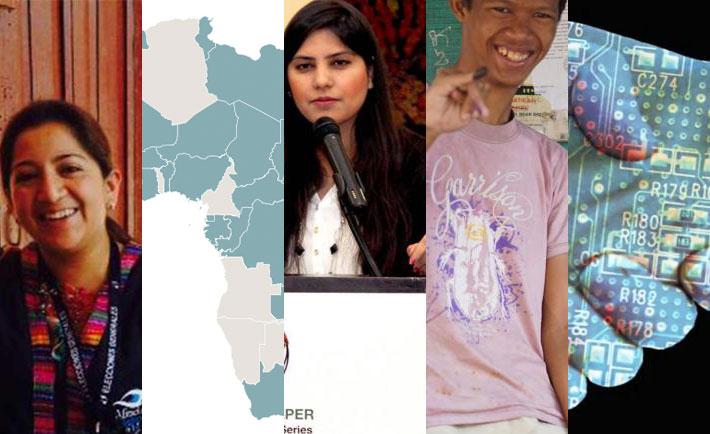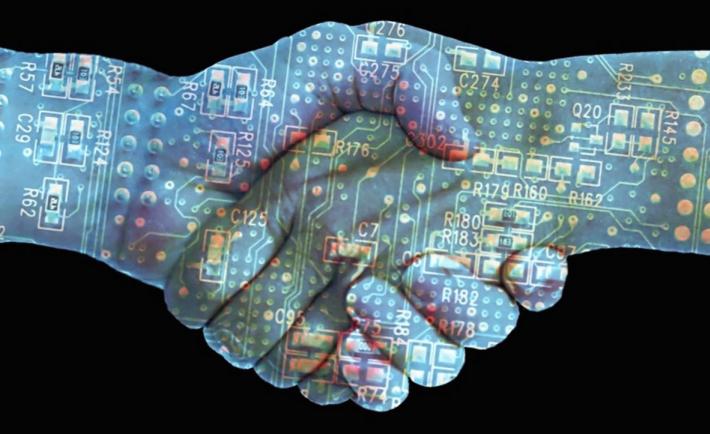
Rachel Pipan, Allison Price, Tomicah Tilleman and Chris Doten (far right) in on-stage selfie right before their South by Southwest panel “Trust Crisis: The Need for Blockchain.”
Don’t get lost in the technobabble – blockchain is a confusing technology with a simple purpose: enabling groups that don’t trust each other to trade things or validate information without an all-powerful middleman. In a world where trust in institutions, including government, is declining, blockchain provides a useful way to create new systems to empower groups to work together and define what truth is. The blockchain is not synonymous with cryptocurrency, but it is related to cryptocurrency in the same way that the first application of the internet was email.

_1_0_0_0_0_0.jpg)

